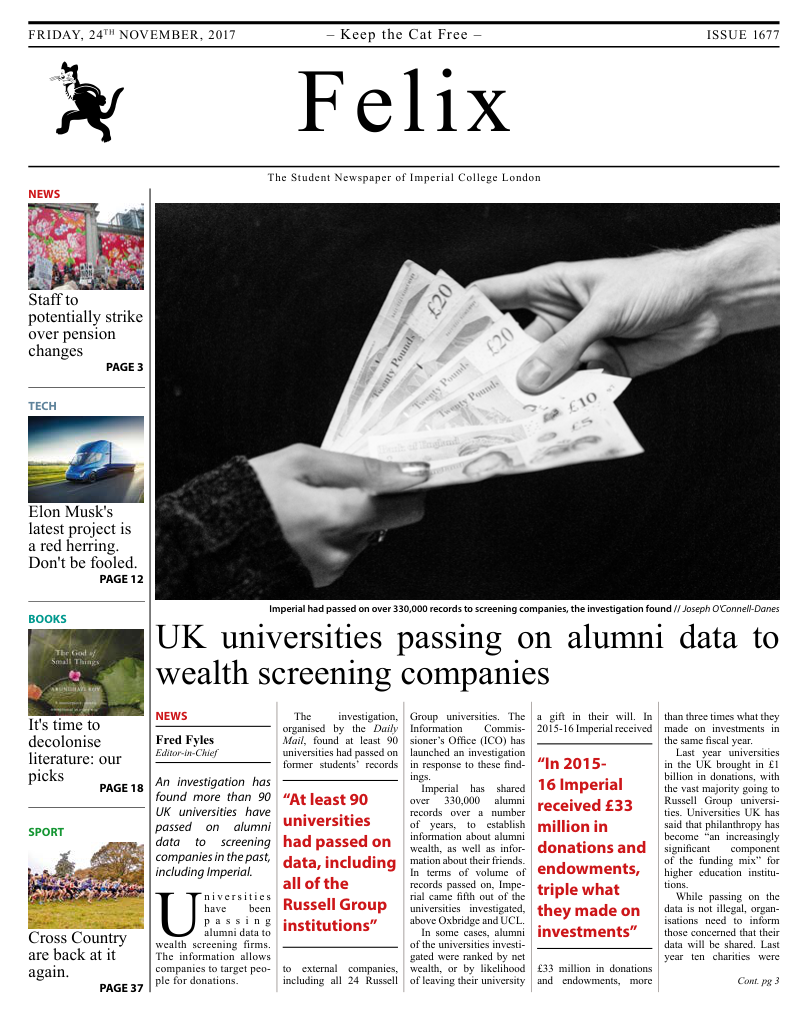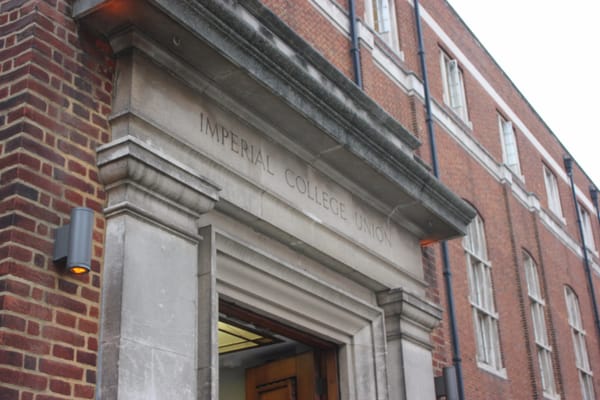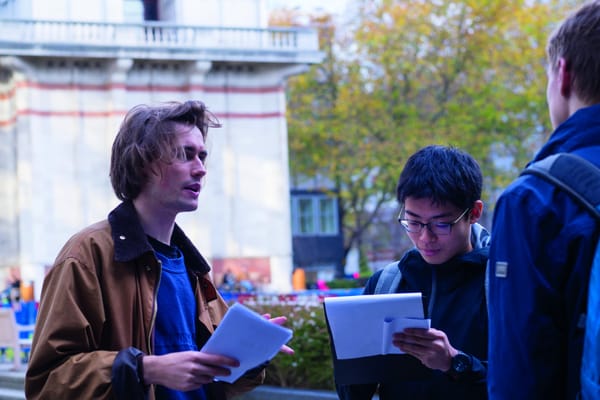National Union of Students launch survey into sexual misconduct at UK universities
The survey, which is aimed at current and former students, seeks to gather data on the extent of sexual misconduct on-campus.

Sexual misconduct by members of staff across UK universities will be investigated by the National Union of Students (NUS).
A survey, open to all current or ex-students in the UK, is being carried out in collaboration with The 1752 Group, a UK-based research and lobby group working to end sexual misconduct in higher education.
The survey asks students and former students for their experiences of sexual misconduct by higher education staff, as well as their attitudes toward professional boundaries between staff and students.
The move comes amid an increasing focus on staff sexual misconduct in higher education. Hareem Ghani, NUS Women’s Officer, stated that “many institutions are ill-equipped to deal with instances of student-staff harassment (or indeed, harassment in general)”. Earlier this year, The Guardian carried out an investigation into sexual harassment on-campus, and found over 300 claims had been made against staff across the UK in the past six years. They reported that there had been four allegations against Imperial staff since 2011-12. Dr Ann Olivarius, an employment lawyer and senior partner at McAllister Olivarius, said the problem reached “epidemic levels”.
The Guardian also found one-third of UK universities did not have a policy on staff-student relationships. Imperial’s policy states relationships with students represent “a potential conflict of interest” for staff and need to be declared to their Head of Department.
“The survey comes amid an increasing focus on staff seuxal misconduct in higher education'”
Dr Anna Bull, co-founder of the 1752 Group, described the data as “much needed”, saying that “universities do not currently have adequate procedures in place to protect students and deal with perpetrators”, with students feeling “powerless” when trying to report staff sexual misconduct. Dr Bull said: “It is time for the higher education sector to take (sexual harassment and abuse) seriously. We hope that this research will lead the way towards these much-needed changes.”
Ghani went on to say that sexual misconduct cases “have been at best sidelined and at worst silenced by institutions”.
The Union told Felix: “We hope that this survey informs the wider conversation around sexual misconduct in Higher Education. We encourage all of our members to complete it and look forward to working in partnership with others to tackle this problem, creating a more inclusive culture for our communities.”
The 1752 Group was founded in 2016, to raise awareness and combat staff sexual misconduct in higher education. The group includes Dr Emma Chapman, a Royal Astronomical Society Fellow based at Imperial, who is also a member of the Department of Physics’ Juno Committee, which encourages gender equality. Professor Alison Phipps, Director of the Centre for Gender Studies at the University of Sussex, sits on the advisory board. Professor Phipps was one of the researchers who led the investigation into Imperial’s institutional culture last year, in which one participant spoke of a culture of Imperial's “ingrained misogyny”.
The survey is open until December 15th 2017.










